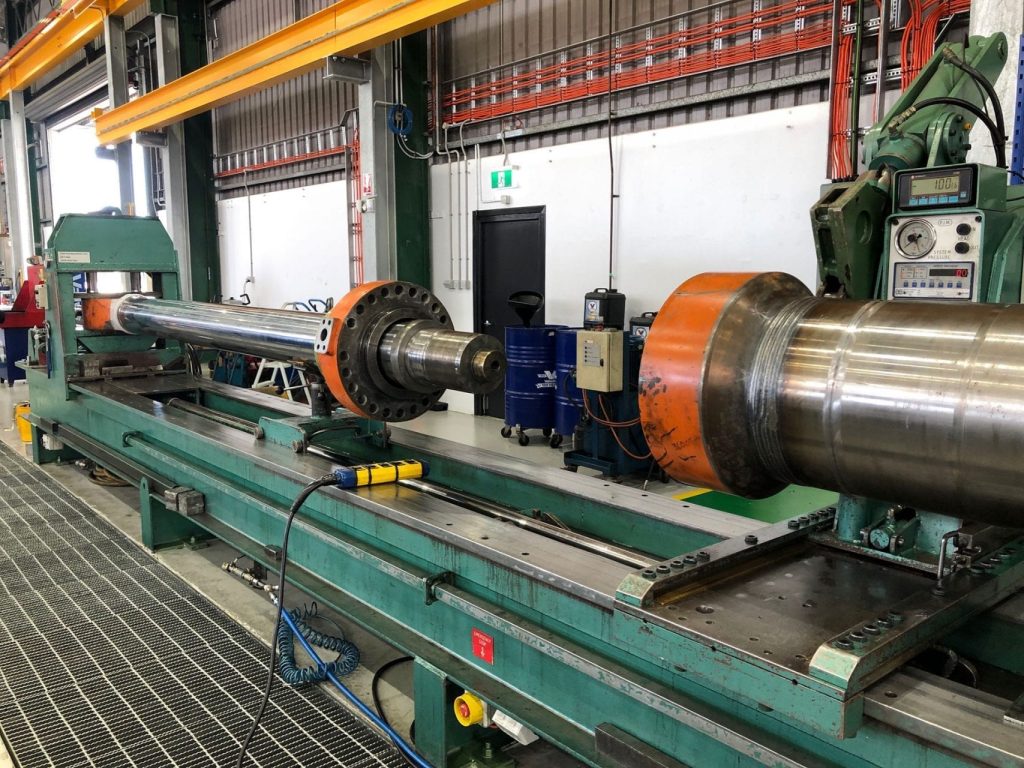Skilled technicians play a crucial role in delivering precise hydraulic and pneumatic cylinder solutions. Their expertise ensures that systems function seamlessly and efficiently, which is vital across various industries. Hydraulic and pneumatic cylinders are essential components in heavy machinery, automated systems, manufacturing processes, and industrial applications. To maintain optimal performance, it is essential that these components are accurately designed, maintained, and repaired. Technicians who specialize in this field possess a deep understanding of fluid power systems, mechanical principles, and technical specifications. They are responsible for diagnosing issues, performing maintenance, conducting repairs, and implementing new installations. One of the most critical aspects of delivering precise solutions is the ability to accurately assess cylinder issues. Skilled technicians begin by conducting a thorough evaluation, using diagnostic tools to identify problems such as leaks, pressure loss, or mechanical wear. Their ability to interpret data and perform accurate measurements is essential for formulating an effective repair strategy.

Once the issue is identified, they select the appropriate repair methods, which may include replacing seals, re-machining cylinder components, or realigning parts to restore function. Precision in repair and maintenance is crucial to minimizing downtime and preventing recurring issues. Technicians utilize advanced machinery, such as honing tools and precision lathes, to restore cylinder surfaces to their original specifications. They also adhere to stringent quality control standards to ensure that the reassembled components perform reliably under pressure. Their attention to detail extends to selecting high-quality replacement parts that match the original specifications, which helps maintain system integrity and efficiency. Beyond repairs, skilled technicians also focus on preventive maintenance to enhance the longevity of hydraulic and pneumatic systems. This proactive approach involves routine inspections, performance testing, and early detection of potential problems. By maintaining fluid cleanliness, checking for signs of wear, and performing periodic replacements, technicians help reduce the risk of unexpected failures. Such maintenance practices not only extend the life of the cylinders but also contribute to improved safety and reduced operational costs.
When installing new hydraulic or pneumatic systems, precision is equally essential. Technicians carefully measure and align components, ensuring that they fit perfectly within the machinery. They also calibrate systems to achieve optimal pressure and flow rates, which is essential for maintaining consistent performance. During the commissioning process, technicians conduct a series of tests to verify the system’s reliability and efficiency. This meticulous approach helps prevent issues related to improper installation, such as leaks or inconsistent motion. Moreover, skilled technicians stay updated with the latest technological advancements in hydraulic and pneumatic systems. They frequently undergo training to familiarize themselves with modern equipment, digital diagnostic tools, and innovative maintenance techniques visit here https://nerdbot.com/2024/05/06/hydraulic-and-pneumatic-cylinder-repairs-company-innovations-in-repair-technology/. Their commitment to professional development ensures that they can address even the most complex challenges with competence and accuracy. In summary, delivering precise hydraulic and pneumatic cylinder solutions requires a combination of technical knowledge, hands-on experience, and a commitment to quality. Skilled technicians excel in assessing issues, performing repairs, and implementing preventive maintenance strategies.

+ There are no comments
Add yours